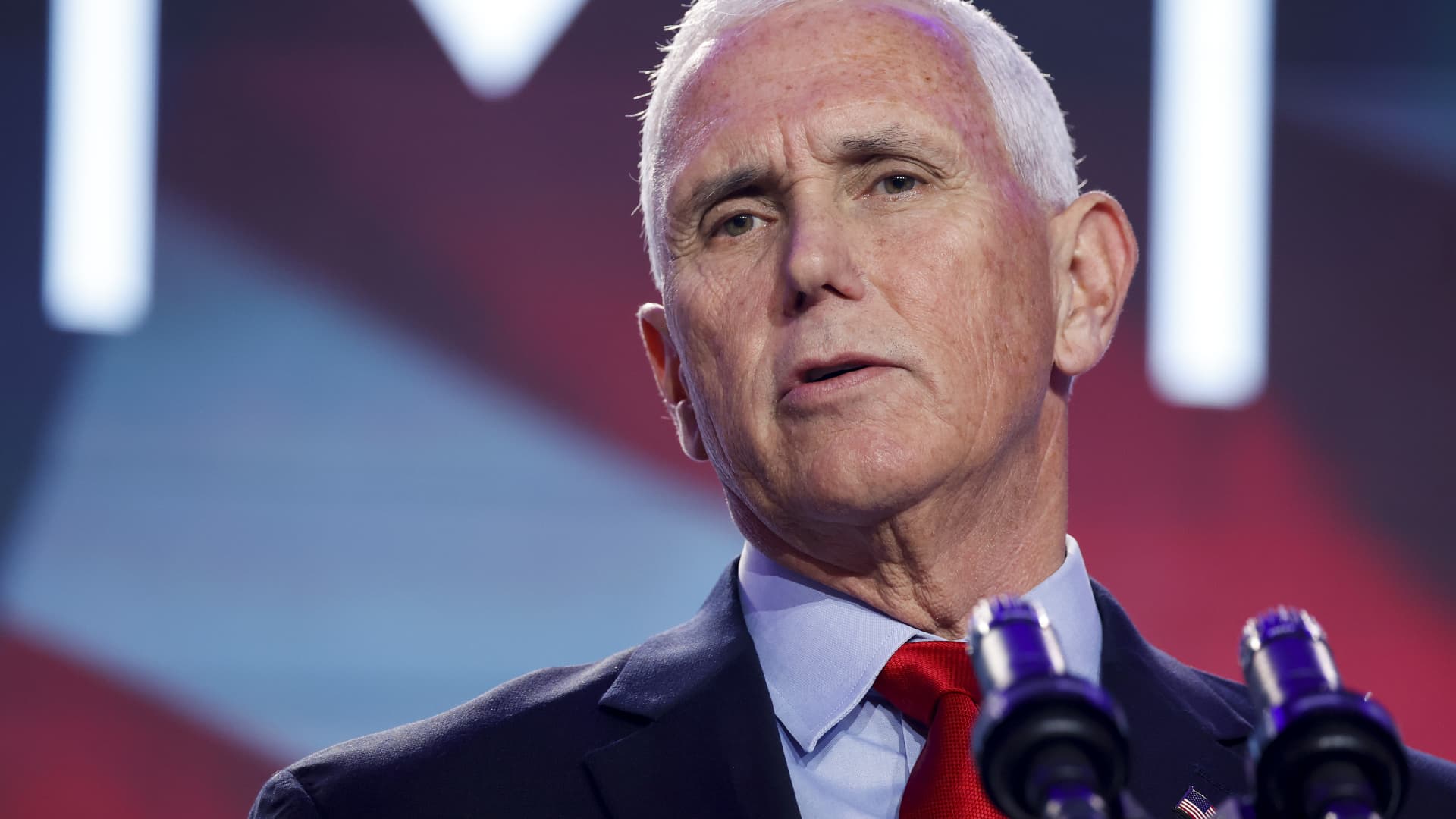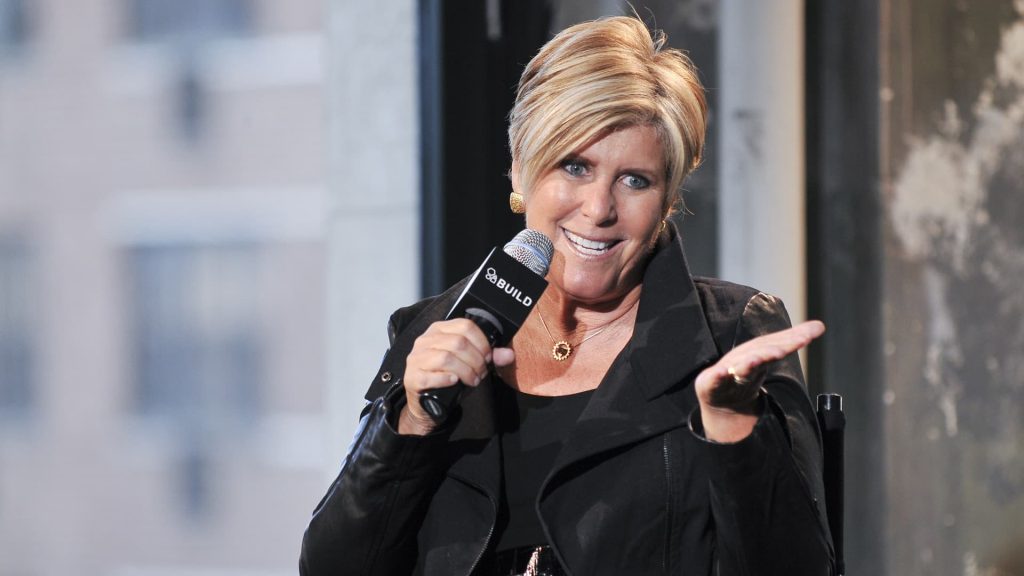Former Vice President Mike Pence on Saturday dropped his bid for the Republican presidential nomination, ending his campaign for the White House after struggling to raise money and gain traction in the polls.
“After much prayer and deliberation, I have decided to suspend my campaign for president effective today,” Pence said at the Republican Jewish Coalition gathering in Las Vegas. “We always knew this would be an uphill battle, but I have no regrets,” he said.
Pence becomes the first major candidate to leave a race that has been dominated by his former boss-turned-rival, Donald Trump.
The decision, more than two months before the Iowa caucuses that he had staked his campaign on, saves Pence from the embarrassment of failing to qualify for the third Republican primary debate, Nov. 8 in Miami.
But the withdrawal is a huge blow for a politician who spent years biding his time as Trump’s most loyal lieutenant, only to be scapegoated during their final days in office when Trump became convinced that Pence somehow had the power to overturn the results of the 2020 election and keep both men in office — not something a vice president could do.
While Pence averted a constitutional crisis by rejecting the scheme, he drew Trump’s fury, as well as the wrath of many of Trump’s supporters who believed his lies and still see Pence as a traitor.
Among Trump critics, meanwhile, Pence was seen as an enabler who defended the former president at every turn and refused to criticize even Trump’s most indefensible actions time and again.
As a result, an Associated Press-NORC Center for Public Affairs Research from August found that the majority of U.S. adults, 57%, viewed Pence negatively, with only 28% having a positive view.
Throughout his campaign, the former Indiana governor and congressman had insisted that while he was well-known by voters, he was not “known well” and set out to change that with an aggressive schedule that included numerous stops at diners and Pizza Ranch restaurants.
Pence had been betting on Iowa, a state with a large white Evangelical population that has a long history of elevating religious and socially conservative candidates such as former Arkansas Gov. Mike Huckabee and former Pennsylvania Rick Santorum. Pence often campaigned with his wife, Karen, a Christian school teacher, and emphasized his hard-line views on issues such as abortion, which he opposes even in cases when a pregnancy is unviable. He repeatedly called on his fellow candidates to support a minimum 15-week national ban and he pushed to ban drugs used as alternatives to surgical procedures.
He tried to confront head-on his actions on Jan. 6, 2021, explaining to voters over and over that he had done his constitutional duty that day, knowing full well the political consequences. It was a strategy that aides believed would help defuse the issue and earn Pence the respect of a majority of Republicans, whom they were convinced did not agree with Trump’s actions.
But even in Iowa, Pence struggled to gain traction.
He had an equally uphill climb with donors, despite years of connections. Pence ended September with just $1.18 million in the bank and $621,000 in debt, according to his most recent campaign filing. That debt number probably has grown in the weeks since and seemingly will take years for Pence, who is not independently wealthy, to pay off.
The Associated Press first reported after the filing that people close to Pence had begun to feel he faced a choice about whether remaining a candidate might potentially diminish his long-term standing in the party, given Trump’s dominating lead in the race for the 2024 nomination. While they said Pence could stick it out until the Jan. 15 Iowa caucuses if he wanted, he would have to consider how that might affect his ability to remain a leading voice in the conservative movement, as he hopes.
Some said that Hamas’ attack on Israel in October, which pushed foreign policy to the forefront of the campaign, had given Pence a renewed sense of purpose given his warnings throughout the campaign against the growing tide of isolationism in the Republican Party. Pence had argued that he was the race’s most experienced candidate and decried “voices of appeasement” among Republicans, arguing they had emboldened groups such as Hamas.
Pence is expected to remain engaged, in part through Advancing American Freedom, the conservative think tank he founded after leaving the vice presidency. He envisions it as an alternative to The Heritage Foundation.
Pence’s group is expected to continue to advocate for policies that he supported in his run, including pushing for more U.S. support for Ukraine’s defense against the Russian invasion and proposed cuts to Social Security and Medicare to rein in the debt. Such ideas were once the bread-and-butter of Republican establishment orthodoxy but have fallen out of favor as the party has embraced Trump’s isolationist and populist shifts.
Read the full article here







